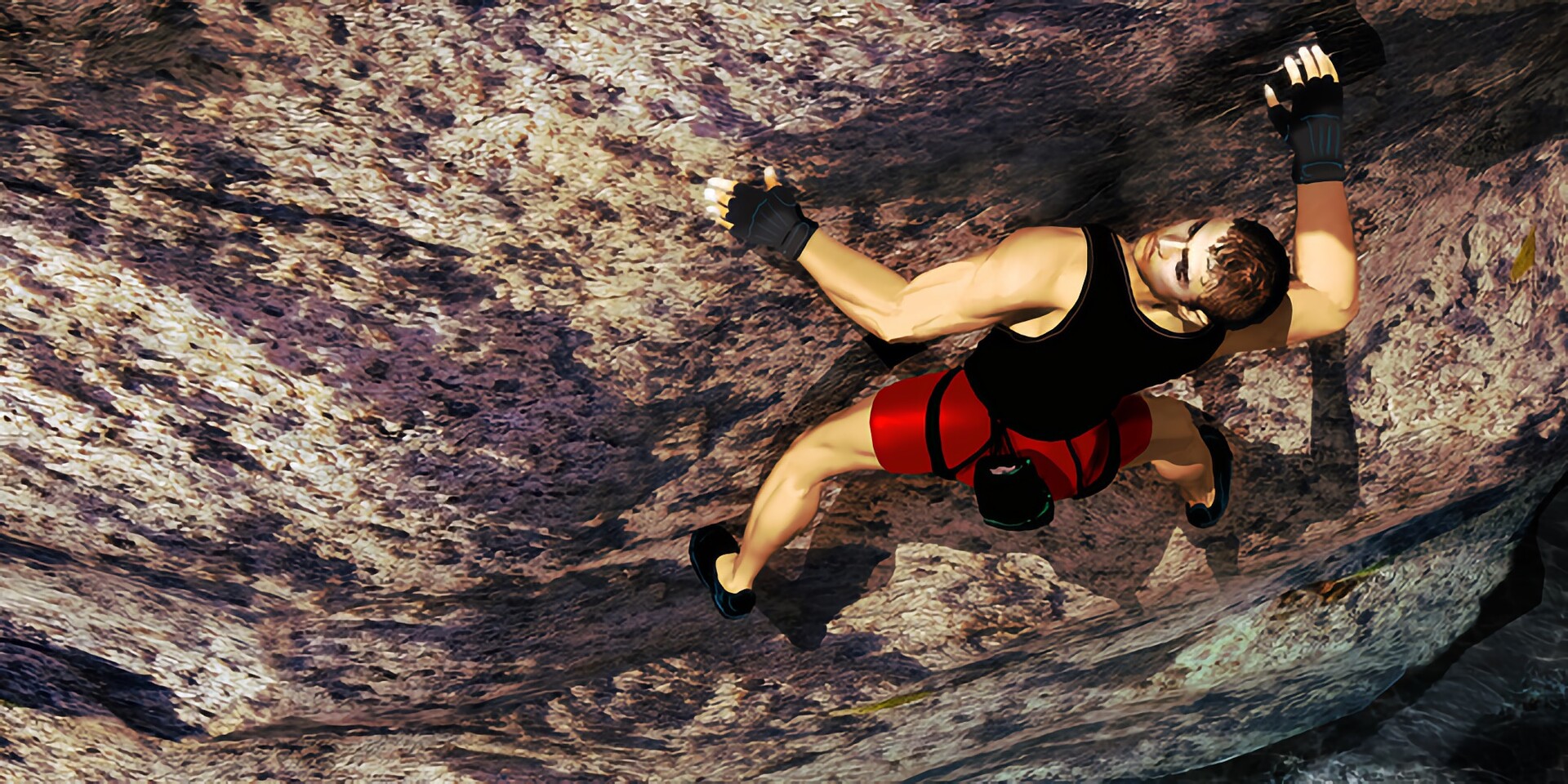Resilience
Founder of positive psychology and researcher Martin Seligman coined the phrase "post-traumatic growth' which is the ability to become stronger and more growth-focused after difficulty, loss and trauma. I really like this phrase and reflect on it often when I think about how much I have grown through adversity and what might have been intended for my harm has, because of the way I've responded to it, become something good and strengthening in my life. It's actually propelled me forward and made me a better person. I think it is really good to know that when you have somehow managed to survive the rigours of a difficult situation that it is very possible to come through those experiences as a deeper, wiser and more insightful person than you were before.
In essence, what hasn't killed you, has served to make you a stronger, kinder and more capable human being. This kind of growth Seligman highlights, is achieved through focusing on strengths, and how challenges have allowed you to take on a broader perspective. With a focus on strengths, resilient people accept that difficulties will be an inevitable part of life and then get about solving issues. They also feel ok about naming problems, rather than denying them and then getting help and support from others. This generates a growth perspective that is about finding ways to grow through problem rather than ways to avoid or be limited by problems. A growth perspective helps to fight the spiral downwards of guilt and shame about having problems and feeling ok asking for support.
It can be easy to make the mistake of thinking resilience is a quality that some people just have or are born with. Rather, resilience is something that is built, and most commonly under adversity. Resilience is the recognition of being challenged by a circumstance but not weakened by it. I like to think of resilience building as a similar process to building muscle when lifting weights. You need enough weight to stress the muscle to stimulate growth through the muscle tearing and then having to repair itself. The healing process after stress on the muscle is actually what creates the strength in the muscle and over time, in the body as a whole. Without the stress of bearing heavy weight, the muscle is not challenged and strength cannot be built.
Martin Seligman, further describes resilience as a set of skills that involves being able to have a strong grasp on reality, the commitment to hold onto a set of values that confirms that life is meaningful even in hard times, and to adopt creativity responses to life's challenges. So I'd like to encourage us to find ways to cultivate a growth mind-set through using and developing resilience skills and responses. How can our challenges be transformed into stepping stones towards our future success? And further, how can I become a more whole and wise person in that process. This is the essence of resilience.




